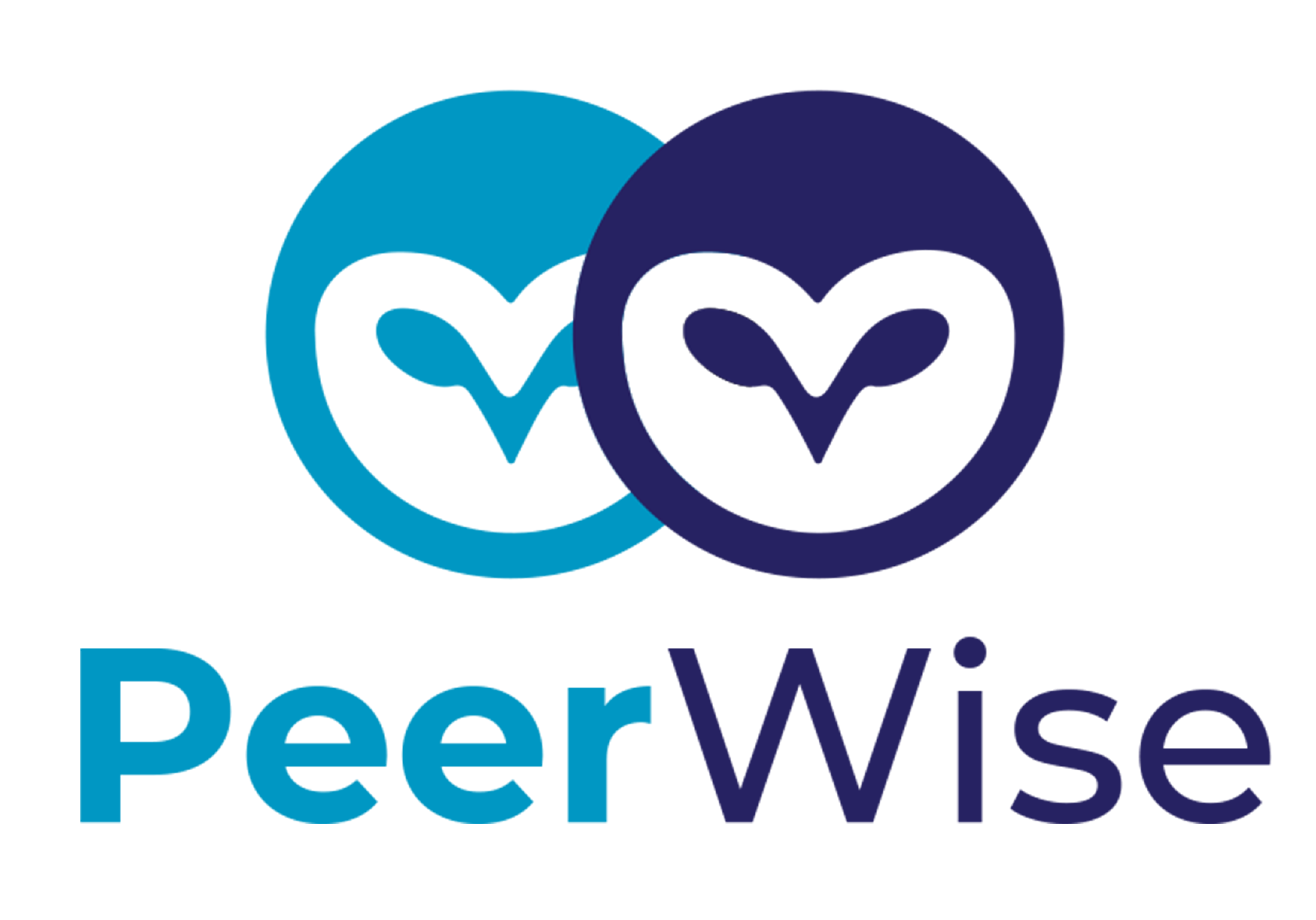Phishing attacks continue to be a prevalent threat to small businesses, with cybercriminals using increasingly sophisticated tactics to deceive employees and steal sensitive information. In fact, according to the FBI’s Internet Crime Complaint Center, phishing attacks are a leading cause of data breaches and financial losses for businesses of all sizes.
Phishing attacks typically involve sending deceptive emails to employees, masquerading as a reputable source such as a bank, credit card company, or even a colleague. These emails often contain enticing offers, urgent requests for personal information, or attachments that appear harmless but contain malware. Once an employee falls for the bait and clicks on a malicious link or provides sensitive information, the cybercriminals can gain access to the company’s systems, steal confidential data, or even initiate fraudulent transactions.
To protect your small business from falling victim to phishing attacks, it’s crucial to educate your employees on how to recognize and prevent these scams. Here are a few tips for ensuring that your staff doesn’t take the bait:
1. Provide training on phishing awareness: Educate your employees on the signs of a phishing email, such as misspelled words, suspicious links, and urgent requests for personal information. Encourage them to question any email that seems out of the ordinary and to verify the sender’s identity before clicking on any links or providing sensitive information.
2. Implement strong email security measures: Invest in email filtering software that can detect and block phishing emails before they reach your employees’ inboxes. Require employees to use strong passwords and enable two-factor authentication to prevent unauthorized access to their email accounts.
3. Encourage a culture of vigilance: Remind your employees to stay alert and report any suspicious emails to the IT department immediately. Encourage them to verify the authenticity of any email that seems questionable, especially if it involves requests for sensitive information or financial transactions.
4. Regularly update security software: Ensure that your company’s antivirus and anti-malware software are up to date to protect against the latest phishing threats. Regularly update your operating systems and applications to patch any security vulnerabilities that cybercriminals could exploit.
By taking these proactive measures, small businesses can significantly reduce their risk of falling victim to phishing attacks and safeguard their valuable data. Remember, it only takes one unsuspecting employee to click on a malicious link for a cybercriminal to gain access to your systems. Don’t take the bait – educate your employees, implement strong security measures, and stay vigilant against phishing attacks.



